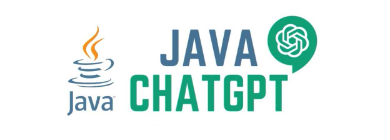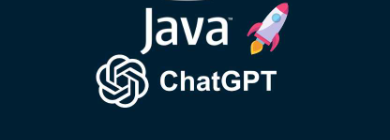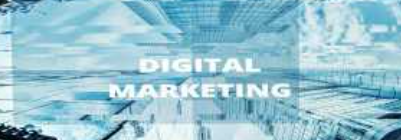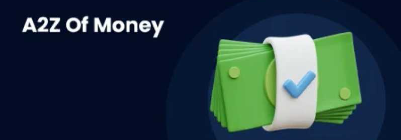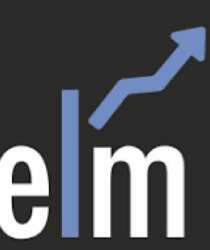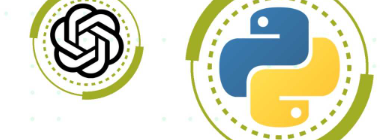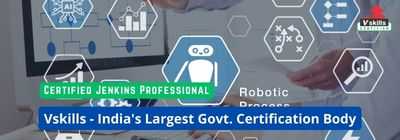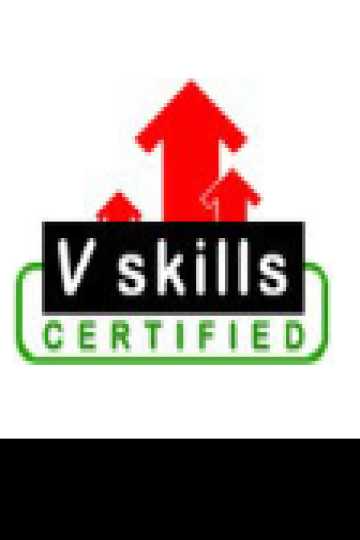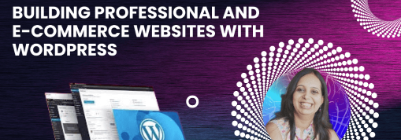NSC vs bank FDs: Which is a better tax saving option? NSC provides higher interest rates and tax advantages on reinvested interest
When it comes to secure, tax-saving investment options, two of the most popular choices are the National Savings Certificate (NSC) and tax-saving Fixed Deposits (FDs) offered by banks. Both provide assured returns, tax benefits under Section 80C , and a lock-in period of five years. However, their interest rates, compounding methods, and tax treatment vary, affecting overall returns.NSC
The National Savings Certificate (NSC) is a popular government-backed savings scheme that offers a safe and reliable investment option for individuals looking for assured returns and tax benefits. NSC is designed to encourage long-term savings with a fixed maturity period of five years.
Also read: Have income tax slabs for FY 2025-26 in new, old tax regime changed in new Income Tax Bill?
NSC Vs FD interest rates
For the current quarter from January to March 2025, NSC offers an interest rate of 7.7% per annum, compounded annually. Typically, major banks provide tax-saving FD interest rates ranging between 6.5% and 7.5% per annum. For general citizens, HDFC Bank, ICICI Bank offer a 7% interest rate on tax saving fixed deposits. SBI, PNB offers FD interest rate of 6.5%. DCB Bank is offering an interest rate of 8%, while IndusInd Bank and Yes Bank are providing 7.25%. Utkarsh Bank offers 7.50%.Also read: Latest NSC interest rate 2025: What is the National Savings Certificate interest rate for January-March 2025?
TDS
Note that there is no Tax deduction at source(TDS) for investment in NSC while TDS will be applicable if interest earned in a financial year exceeds Rs 40,000 for general citizens and Rs 50,000 for senior citizens for this financial year. From next financial year, the TDS threshold will be higher as it will be Rs 50,000 for general citizens and Rs 1 lakh for senior citizens.
Interest calculation
NSCs follow the cumulative interest payout method, where the interest is reinvested. Interest in NSC is compounded annually, payable at maturity. Banks offer both cumulative and non-cumulative interest payout options. While non cumulative FDs pay the interest on quarterly intervals, the cumulative FDs reinvest the interest, leading to compounded growth over time.Bank FD with quarterly compounding of interest may offer much higher annual yield than the annual interest rate it offers. For instance, an FD with 7.5% annual interest rate will eventually yield 7.71% annual interest rate which is higher than the 7.7% annual interest rate offered by NSC which compounds annually.
Tax benefits
Both NSC and tax-saving FDs qualify for deductions of up to Rs 1.5 lakh under Section 80C. However, the tax treatment of interest earnings differs:
NSC: Interest earned is taxable, but it is deemed reinvested (except for the last year), making it eligible for a deduction under Section 80C. The interest earned in the fifth year is taxable and must be reported in your income tax return under the head "Income from Other Sources".
Tax-saving FD: Interest earned is fully taxable as per your income tax slab. TDS applies in case of multiple fixed deposits leading to annual interest earning going above the TDS threshold.
Lock-in period
NSC has a lock-in period of 5 years. Premature withdrawal is not allowed except in cases of certain conditions such as death, court order. Tax-saving FD also has a mandatory lock-in period of 5 years, and premature withdrawal is not allowed.
Conclusion:
Both NSC and tax-saving FDs are considered low-risk investments. NSC is backed by the government, making it virtually risk-free. Tax-saving FDs are insured under the DICGC scheme up to Rs 5 lakh per depositor per bank, ensuring a reasonable level of safety.
If tax efficiency and higher post-tax returns are your priorities, NSC is a better option in 2025. It offers slightly better interest rates, a tax deduction on reinvested interest, and complete safety under government backing. As far as return is concerned, you must compare the annual yield of bank FD to NSC interest rate and if the annual yield of FD is then it would be a better option for earning higher returns. TDS also plays a major role if an individual is having many fixed deposits and in such cases eligible tax slabs will apply.
This story originally appeared on: India Times - Author:Faqs of Insurances

